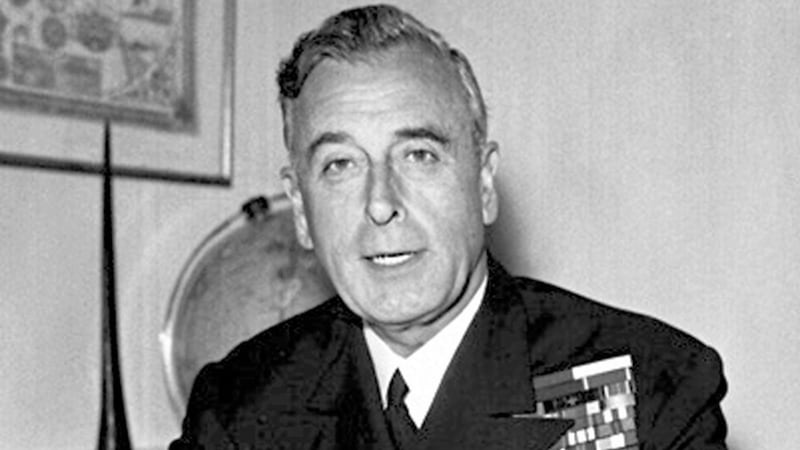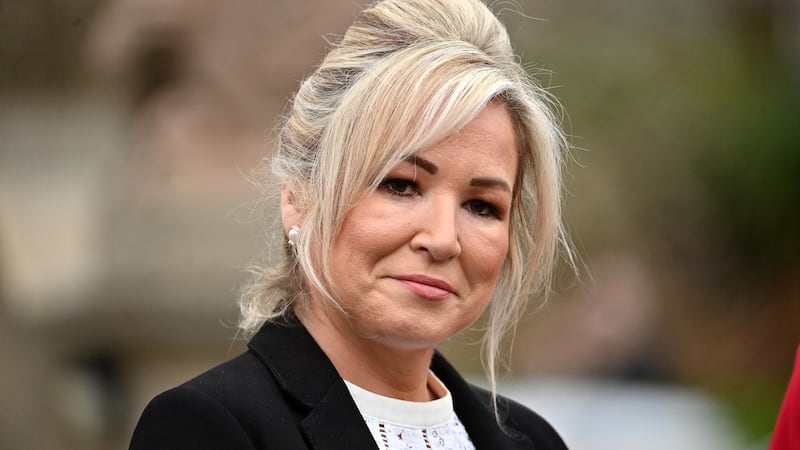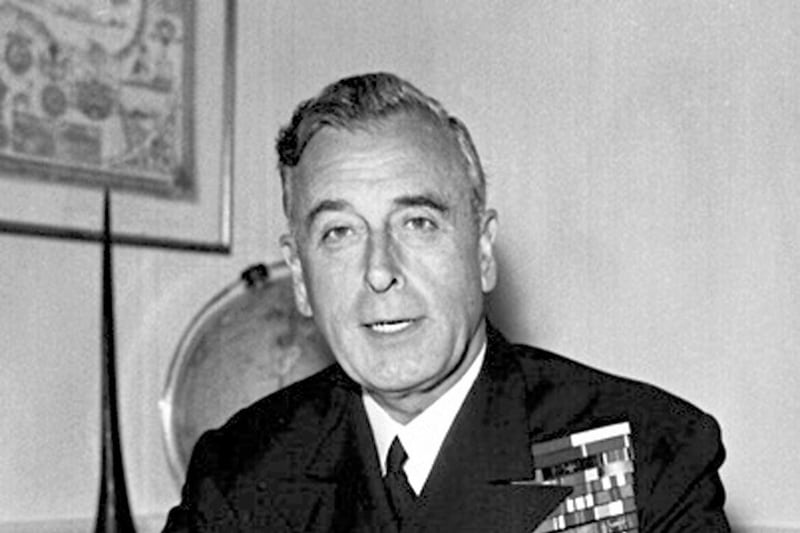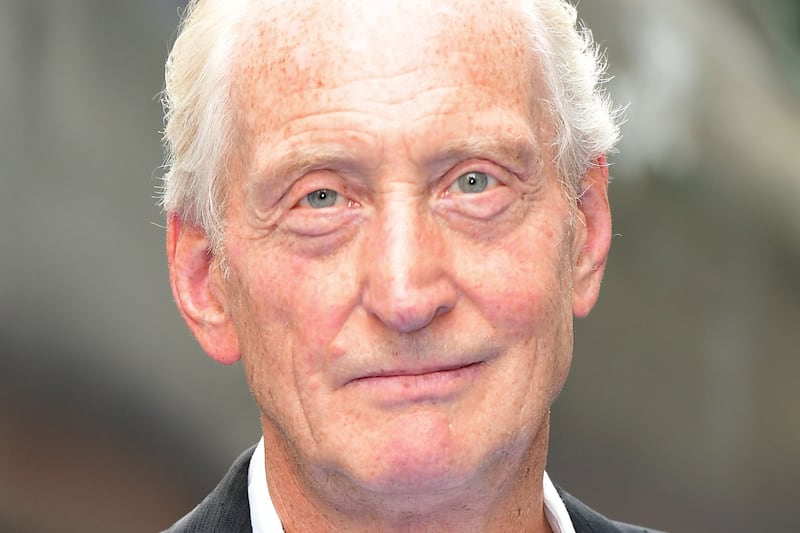THE Cabinet Office spent £180,000 of public money in a “needless” legal battle to keep the personal diaries of Lord Mountbatten under wraps, a royal biographer has claimed.
A close relative of the British Royal Family, Louis Mountbatten was killed along with three others in 1979 when an IRA bomb exploded on his fishing boat in Mullaghmore, Co Sligo.
In 2010, his personal diaries and photographs – known as the Broadlands Archive - had been purchased by the Cabinet Office and Southampton University for £2.8m.
Kept from public view, the historian Andrew Lownie spent five years trying to access the unrestricted records for a book about Mountbatten and his wife Edwina, who had served as the last Viceroy and Vicereine of India.
Read more
- Lord Mountbatten accuser launches legal action
- Former Kincora resident claims he was sexually abused by Lord Mountbatten
- Sinn Féin leader apologises for IRA's murder of Lord Mountbatten
- John F Kennedy and Lord Mountbatten's Co Tyrone bodyguard recalls shock at assassinations
In 2019, the Information Commissioner sided with Mr Lownie and ordered the release of the documents.
An appeal by the Cabinet Office, however, continued to block certain passages including some dating back to the 1930s.
This includes correspondence between Mountbatten’s wife and the first Prime Minister of India, Jawaharlal Nehru, who were rumoured to have had an affair.
Mr Lownie said the legal fight has come at a great cost for the public purse and has wiped out his own life savings.
A Freedom of Information bill showed the Government’s final legal costs were £180,454, while Mr Lownie spent £450,000 on the fight and did not have his costs returned.
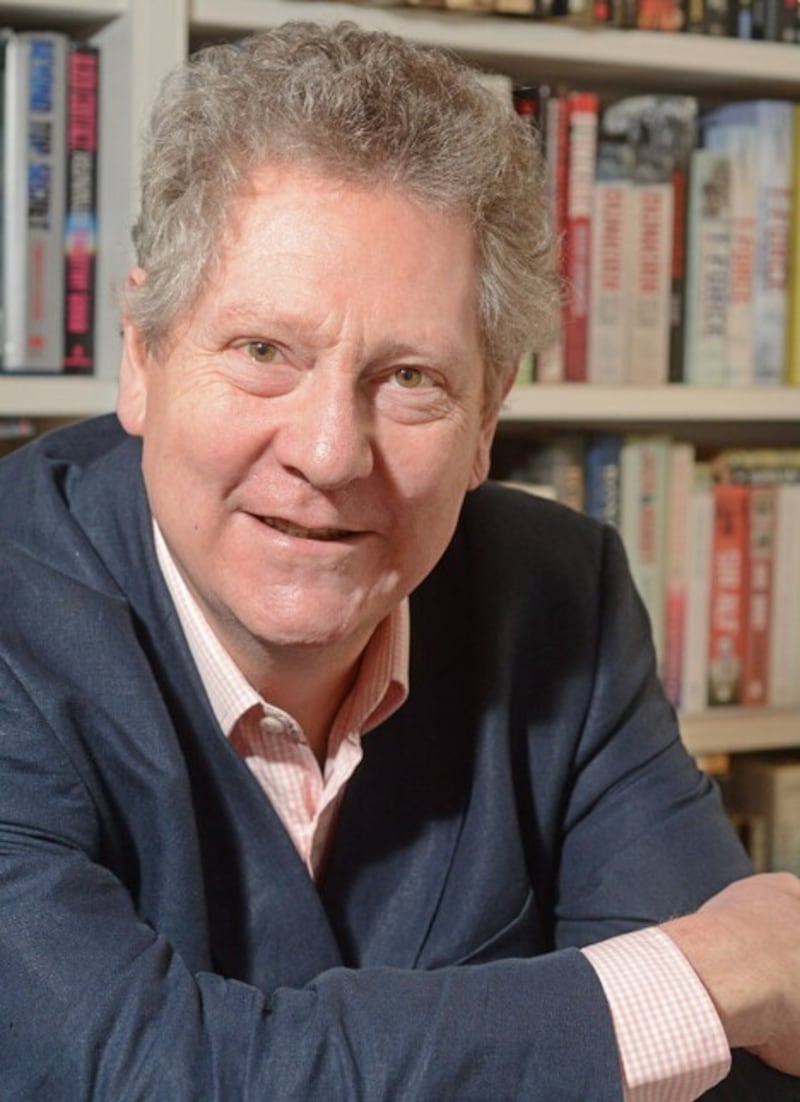
Calling it “needless litigation,” he said it was all-the-more frustrating as both the Cabinet Office and the university knew the material did not contain anything noteworthy.
“I can only conclude that the aim was to break me financially pour discourager les autres,” he said.
“This was a collection bought with public funds to be open to all.
“Surely it would have been much simpler for Southampton to have conducted a full scale review any time over the previous decade or even to go through the material applying any exemptions they needed to rather than continue to insist on a blanket ban on over 33,000 pages of personal diaries and correspondence going back a century.
“Prince Harry can leak intimate family secrets from a year ago but historians cannot see files which are a hundred years old.”
The Cabinet Office has been contacted for a response.
Mr Lownie added that if an American institution had bought the diaries, they would have been open to scholars a year ago.
“The whole situation would be farcical if it had not cost me so much personally to ensure this important collection, bought with public funds to be open to all, was open as had always been envisaged.”
He said the documents are still crucial to biographers and historians, and has said the case raises important questions of “transparency and abuse of power”.
